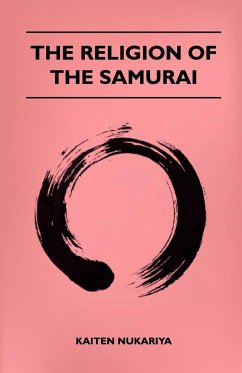Buddhism is geographically divided into two schools--the Southern, the older and simpler, and the Northern, the later and more developed faith. The former, based mainly on the Pali texts is known as Hinayana[ (small vehicle), or the inferior doctrine; while the latter, based on the various Sanskrit texts, is known as Mahayana (large vehicle), or superior doctrine. The chief tenets of the Southern School are so well known to occidental scholars that they almost always mean the Southern School by the word Buddhism. But with regard to the Northern School very little is known to the West, owing to the fact that most of its original texts were lost, and that the teachings based on these texts are written in Chinese, or Tibetan, or Japanese languages unfamiliar to non-Buddhist investigators








